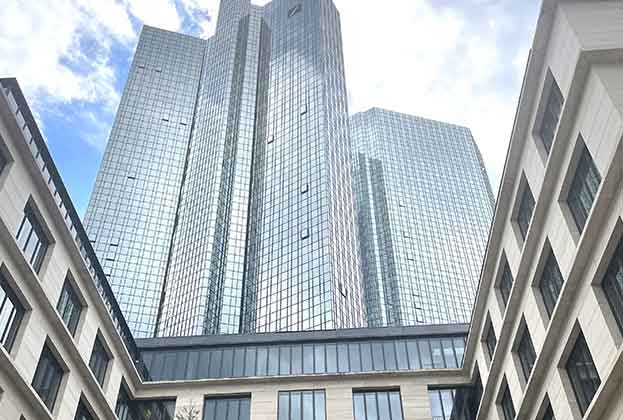This blog was written by Wouter van ‘t Grunewold, Market Intelligence analyst at Savills in the Netherlands, and Lex van Ingen, Consultant at Workthere.nl.
During the COVID-19 pandemic, many tech firms embraced hybrid ways of working as their go-to method of working. What was initially expected to be a temporary solution to cope with social distancing rules, quickly became the de-facto way of working for many employees in the tech industry.
Consequently, tech firms have been considering leasing flexible office space. Data from Workthere, Savills’ subsidiary that helps companies in finding flexible office space, shows that tech companies have shown stability in enquiries for flexible office space in the G5-cities. At the same time, other business sectors have been impacted more by macroeconomic trends and external shocks. In recent quarters, as the tech sector recalculated growth expectations amid uncertainty about the future, there has been an increase in enquiries for flexible office space.
.jpg)








